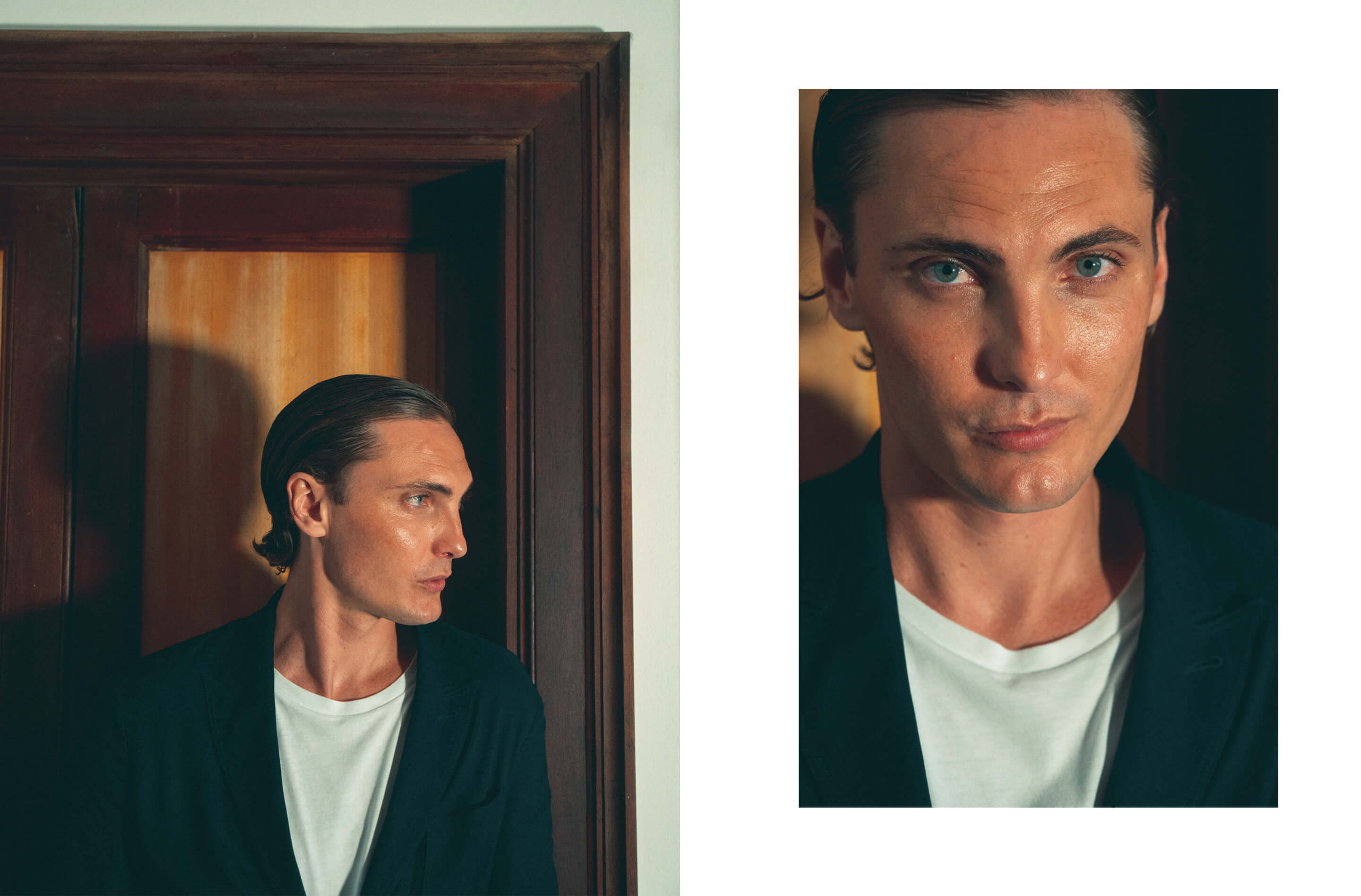“Lingua Franca” speaks the language of silence, a silence able to communicate bonds, social injustices, new topics, but above all empathy, that same feeling that leads the protagonist Olivia (Isabel Sandoval) and Alex (Eamon Farren) to build a brave but true relationship.
Eamon Farren told us about his experience on set, how he felt immediately attracted to the script and to Isabel’s strength in telling such a story and how authenticity is the value to seek and to attach to once it’s found. While waiting to see him again in “The Witcher,” here’s what he said about “Lingua Franca” and his idea of acting.
Your character is a bit reckless, he needs help and he’s at the same time in some way rejected from his family, besides his grandmother. How did you prepare and did you have any reference?
__________
I really love Alex’s displacement. The film is a lot about immigration, and fitting into society, feeling like home and other stuff. And I think Alex’s feeling the same things except he finds himself back home but still feels he’s so out of place. And I love that I do a bit a fish out of water in your own home. I think that’s really interesting. So that’s the first thing that struck me when I read the script. And as far as inspiration I think…I am from Australia originally and I’ve lived in the US and also now in London…and I think that idea of travel and never having any roots to sort of speak of, or never having a home sort of gives me an idea of what it feels like to sort of being a bit anchorless. So, I like to think about that about Alex, I think he is anchorless in his own home and what does that do to someone? How does that make someone feel uncomfortable in their own skin. When the families are right there, they are very accessible. That’s what I drew up for them.
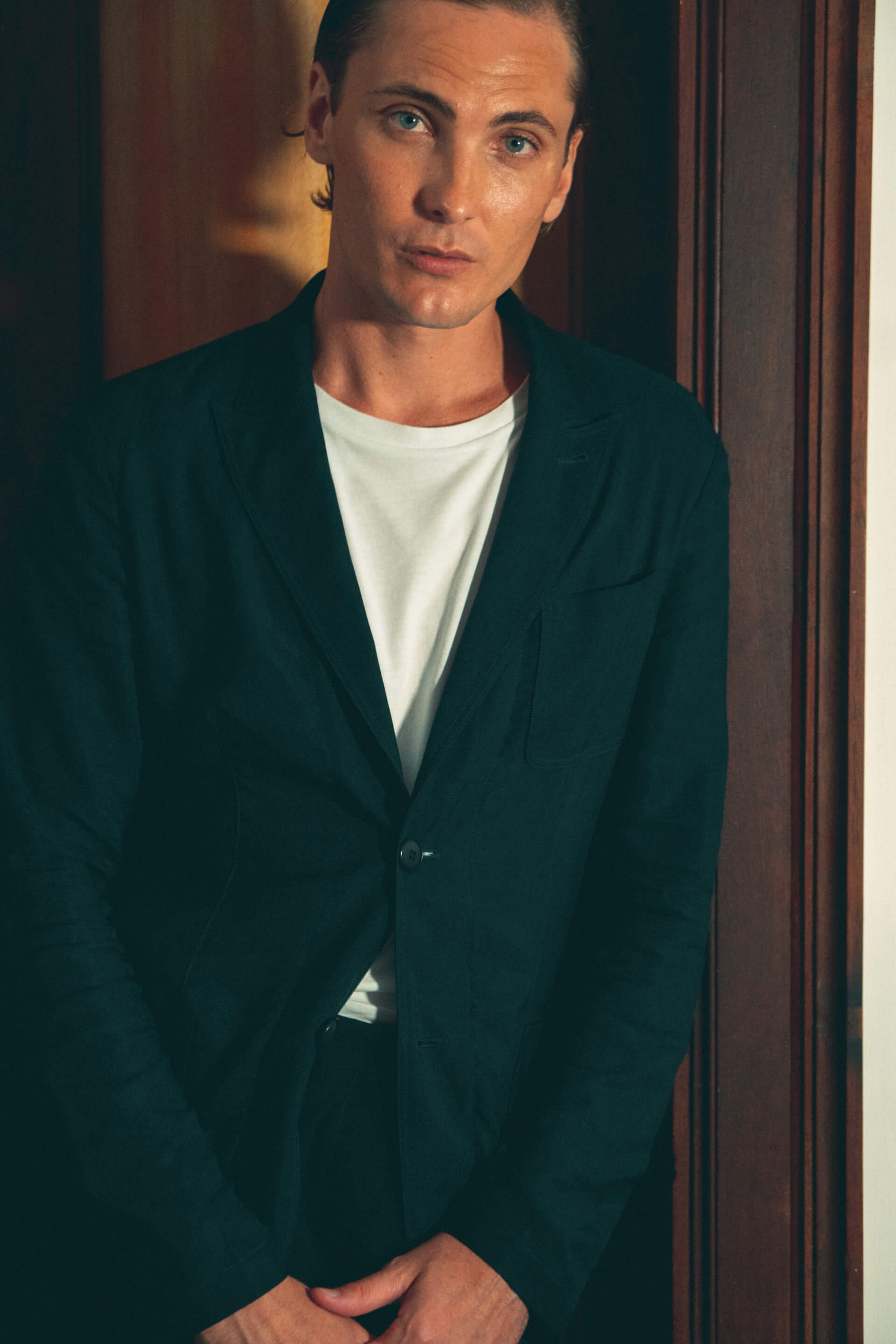
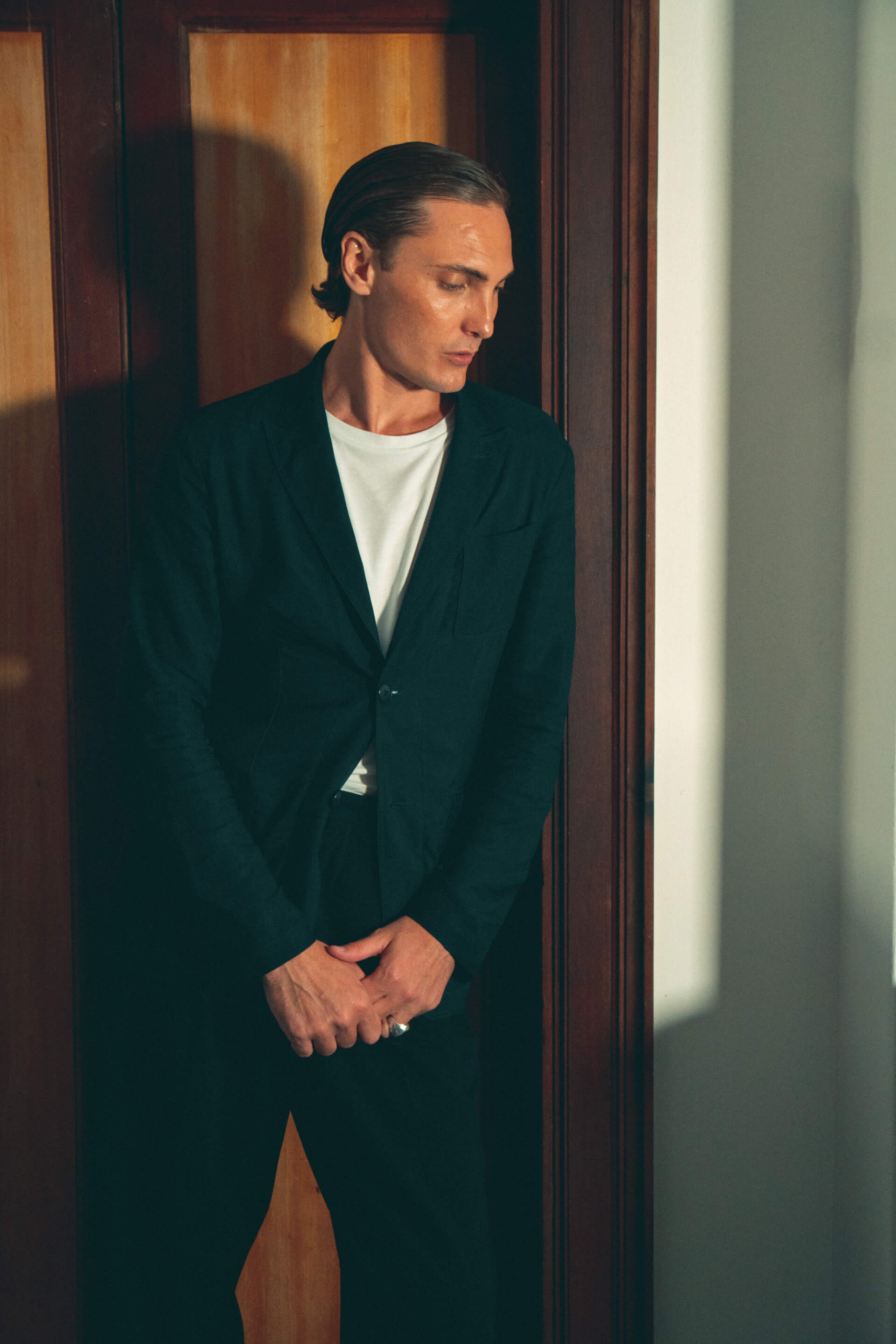
How was working with Isabel and how did you prepare together? There were a lot of intense scenes…
_________
Well, I first read the script. I got the script from my agent in London and I read it and I immediately wanted to work on it with Isabel. And then, the first thing we did was Skype where we just chatted for about 45 minutes and I just knew immediately that this was a brain and a singular voice and very quietly powerful. And I think that is the kind of film that she made. That’s very her. So, that was the thing that made me want to work with her immediately. It was her work but also when you speak to Isabel, she’s so smart. She’s a cinephile, so, very instinctive with humanity and how people think and the messiness of people and I love that as well.
So, I think we connected pretty well on the first Skype and as far as when we arrived into New York and we started working, we spoke a lot about the character in that first meeting but I think we were on the same page pretty quickly. So then it was just about adjustation and a sort of thinking about things and then when we arrived in New York we had a bit of rehearsal but it was pretty quick. I think it was that kind of project where you had to arrive and everyone did from the crew.
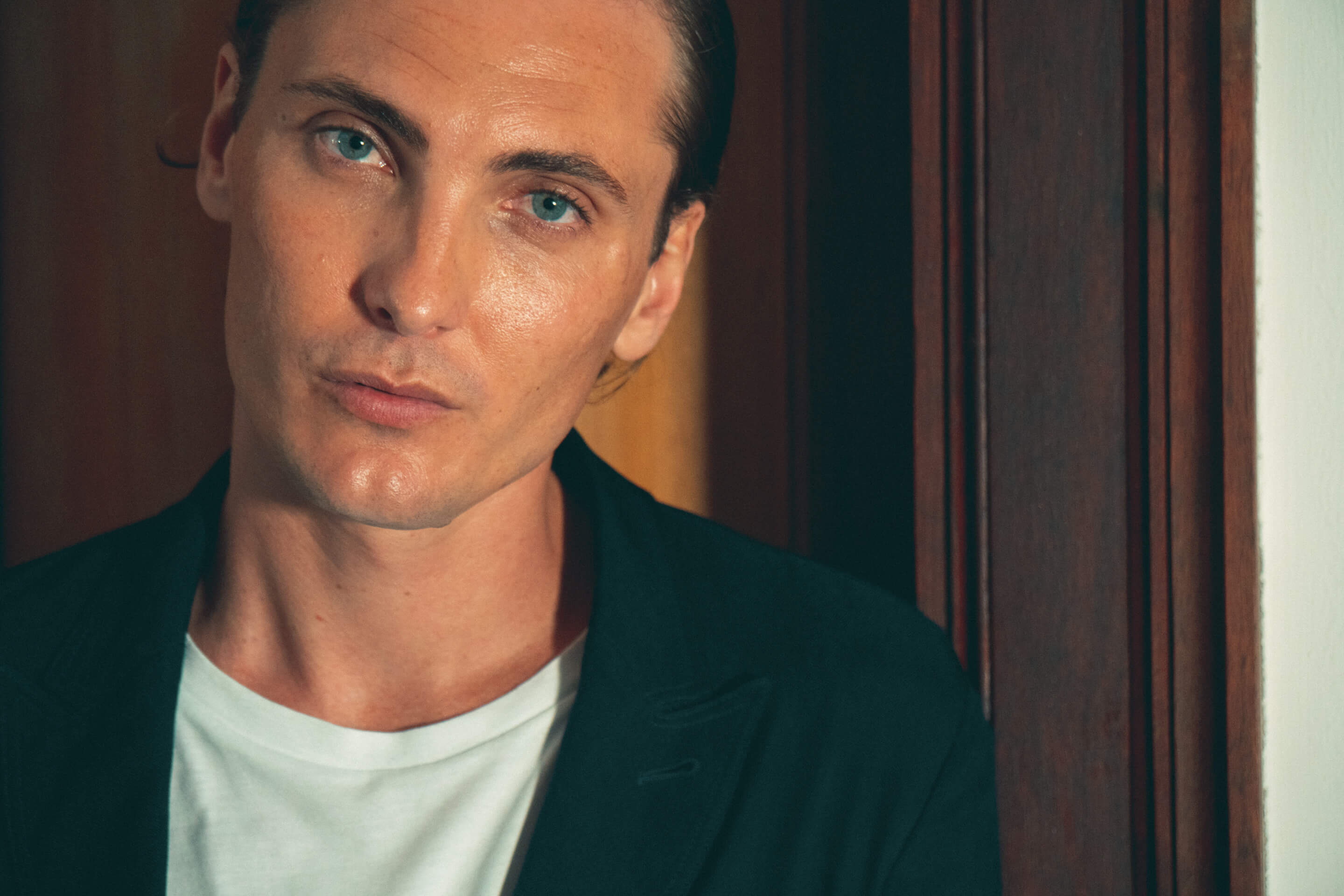
Everyone was so passionate and kind of loved it so much and we all arrived and we grabbed each other’s hands and we just sort of run with it. So it was a pretty kind of tumbling experience. A great one.
There are a lot of things you talked about in the movie. Senile dementia, alcohol abuse, immigration, gender…How did you relate to all of these? Was there a discussion about these topics during the filming?
_________
I think for me, personally, it’s a movie about so many issues and so many experiences that I had no idea as a person. I mean, I had an idea about those issues but never experienced them. And meeting and working with someone like Isabel, who has that experience, all her experiences, it was such a beautiful thing for me to understand what’s the first handed plight of immigration, of what means to be a transgender person in the world and all those things combined…I took it as a really gentle lesson in a sort of way. And I think that’s what the film also does. And Alex goes through this learning experience throughout the film about himself but also other people and other people’s experience.
The one thing that struck me the most about Alex was that – not the most but one of the big things – he doesn’t have an idea of the experience of what is like to be an undocumented immigrant in a country and the fear and the paranoia that…he just doesn’t sort of grasp that idea. And I don’t think I did either until I had to sort of sit down and think about it. And I think there are a lot of issues in this film that are addressed so beautifully, but that’s definitely one of them.
It’s a gentle sort of opening remind to people of what other people’s experiences can be. It’s an empathetic sort of discovery so that’s really beautiful.
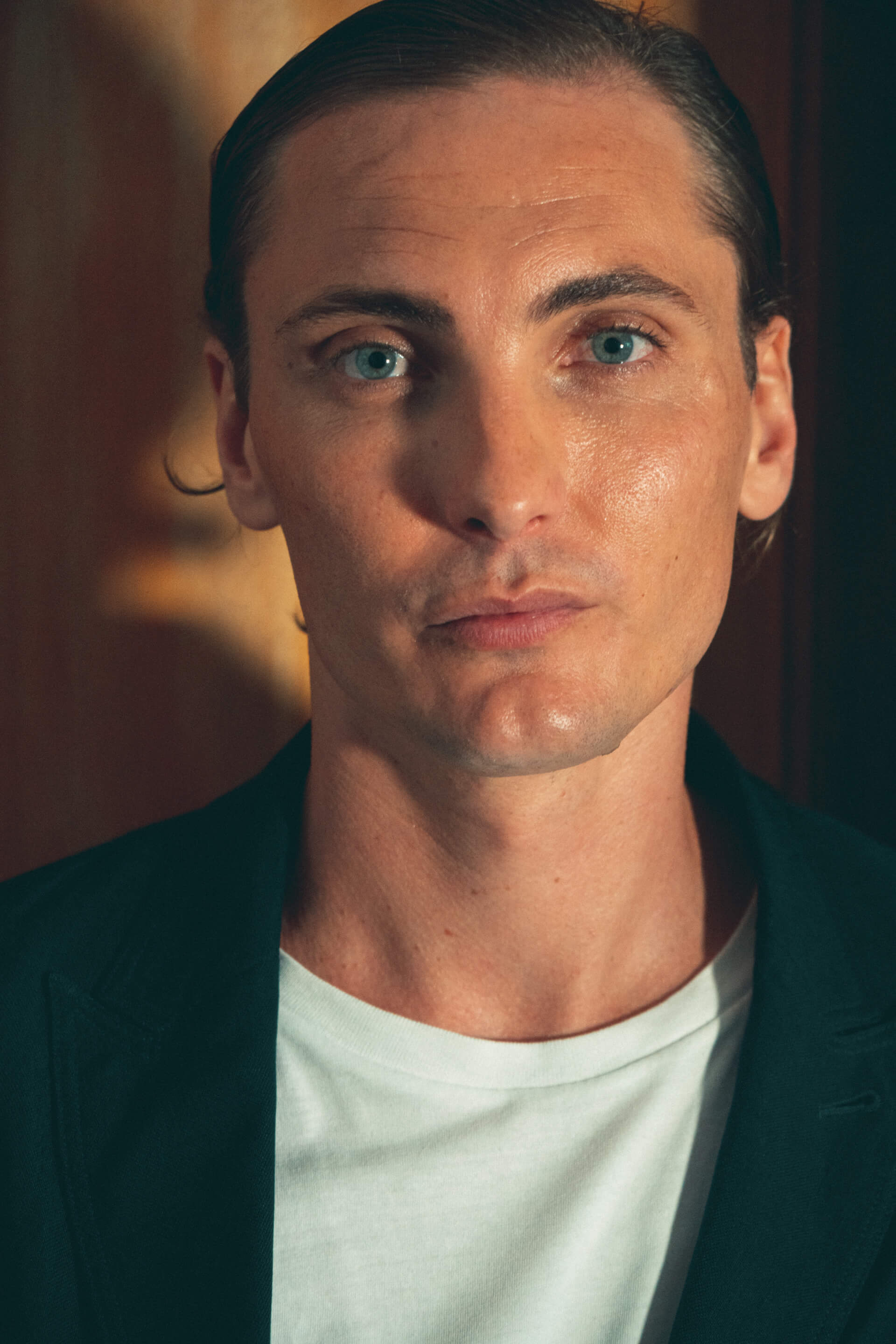
What was your first reaction, when you read the script?
_________
The thing I loved the most about the script when I read it was that Isabel was brave enough to let the character sit in scenes. It wasn’t overwritten, there wasn’t too much dialogue. She wasn’t afraid to sort of just fuel people in their own sort of world and within their own insular monologues and stuff, and to be able to sit in those moments. I think it’s really challenging as an actor, because you want that space but it’s difficult sometimes to fill a scene with just truth. Because it has to be truthful then. You can’t hide behind great speeches. It’s fun to do, but when you are asked to just be a person that feels things, that can be a big challenge. And I love that challenge.
And Isabel was really generous about that. In the scenes, it became a language that we used a lot. When we were doing scenes, we let things run for longer that they should and that created other tension moments and obviously she could use that to her advantage at the end. But as an actor it’s so nice just to swim in this sort of shit and see what comes up.
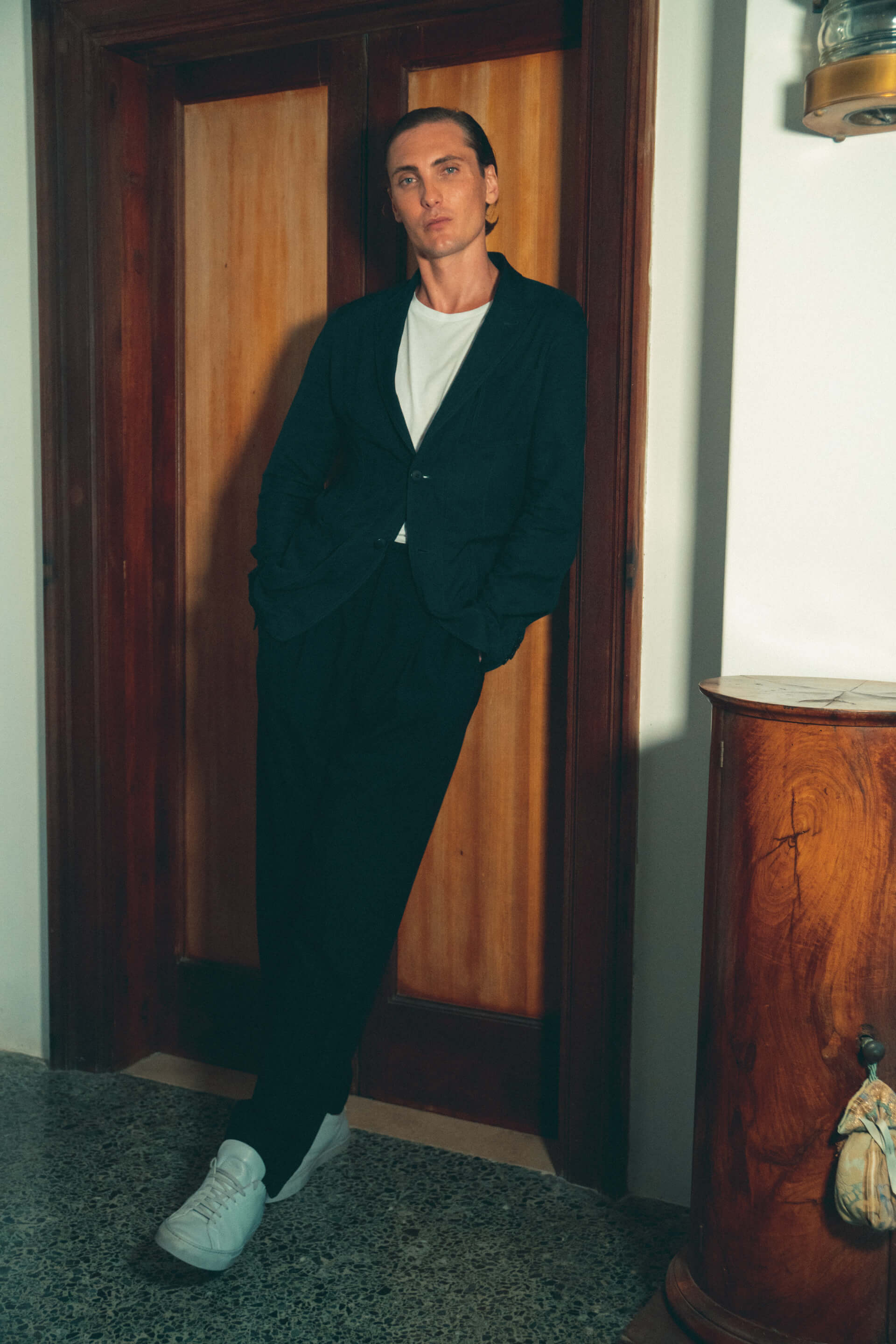
As an actor, is there something in particular that you always look for in a story?
__________
Yes. And I think this is going to sound a bit black and rote, but I mean it. I think that if you can read a script or a character and it feels truthful, I think that’s the great starting point. I mean, everything is built from truth, I think. And truth is truth and even a kernel of truth within something, you can go whichever way you want to as an actor. But I think when you read a script you always want to feel that there’s one kernel of truth that you can sort of attach yourself to. And then you can grow form wherever you want to go from there. So, it’s authenticity, I guess.
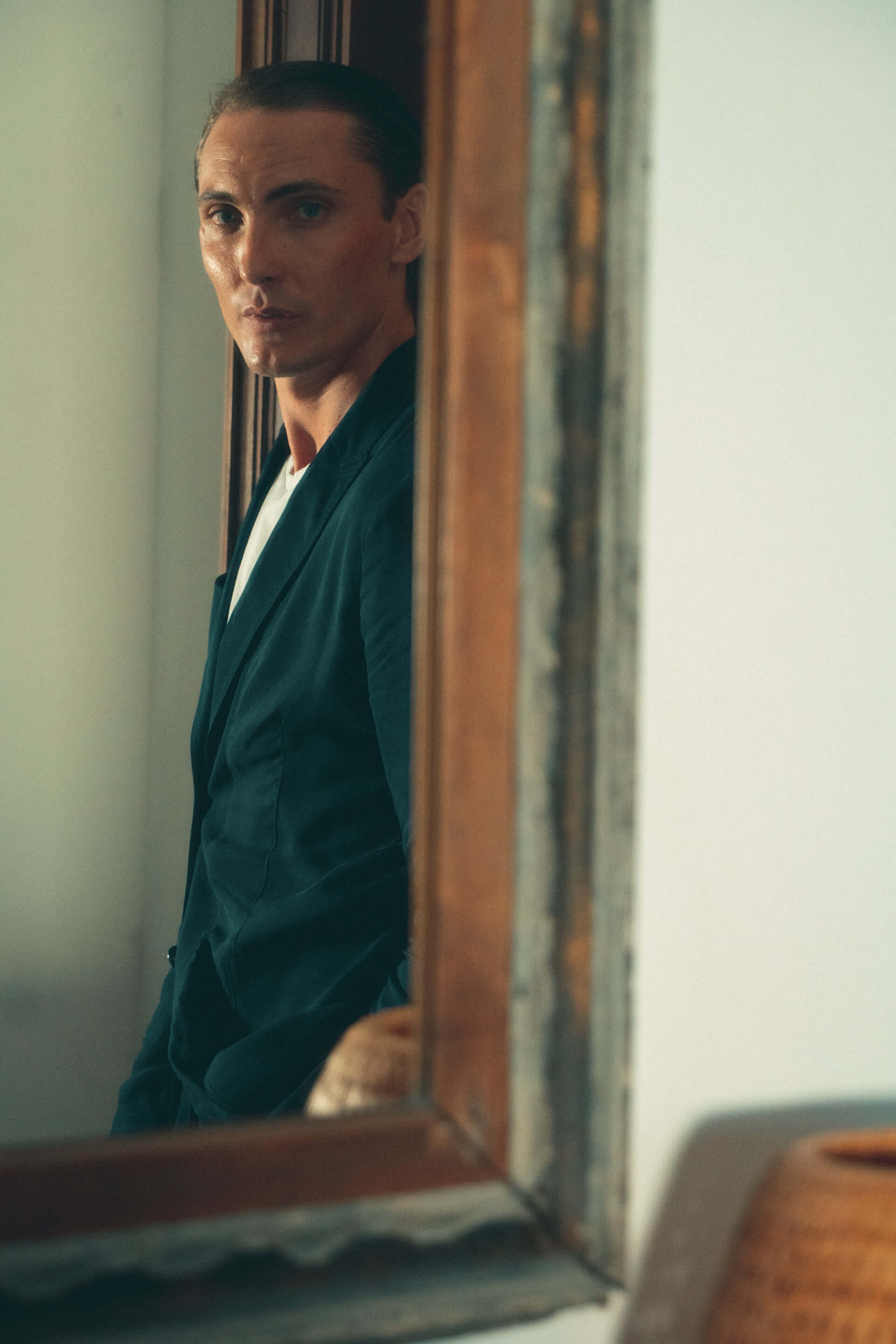
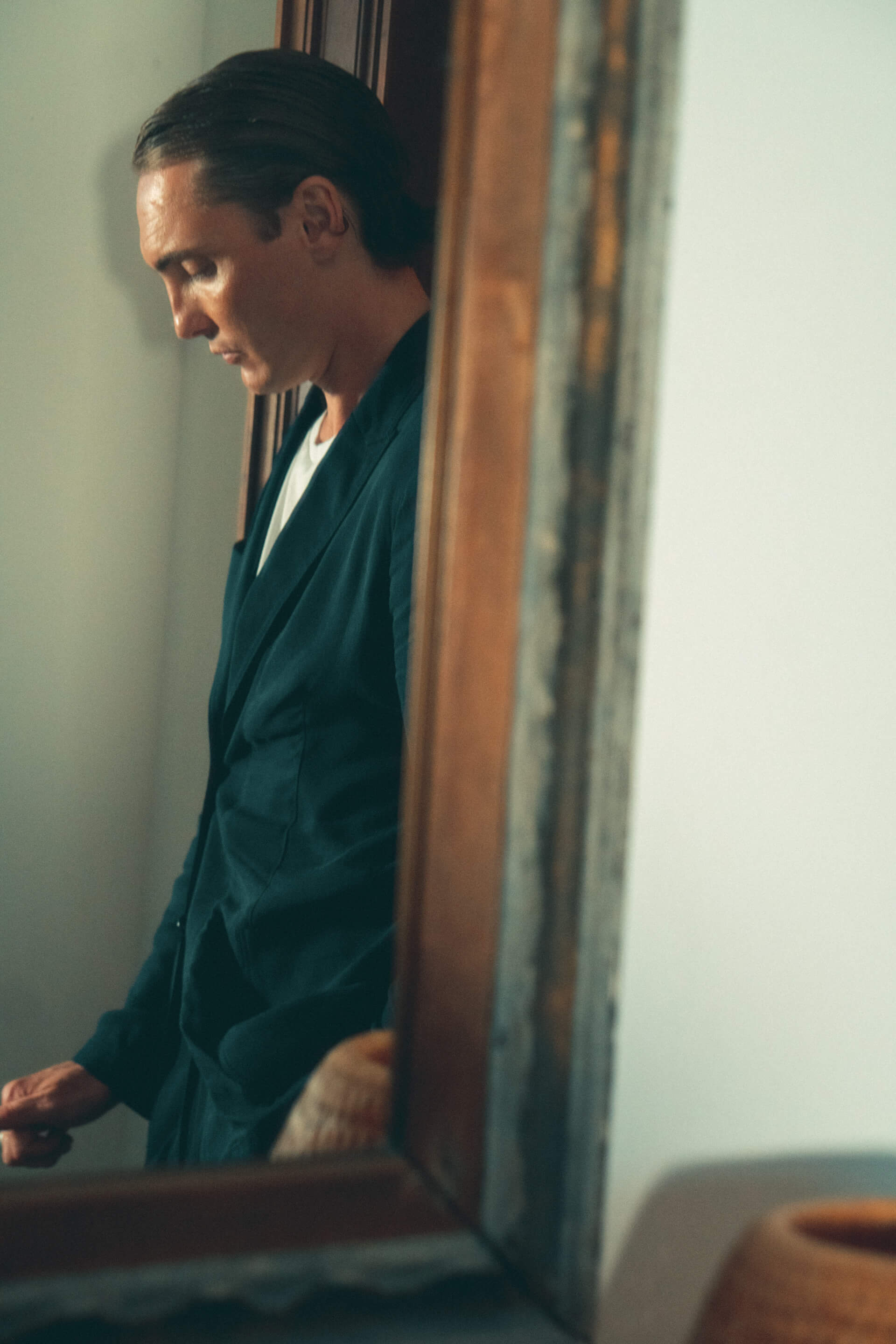
What was the most challenging scene to play for you, if there was one in particular?
__________
I think, emotionally, the most challenging scene that we shot…thinking back now it doesn’t really play as a super emotional scene but there’s a scene in the movie where Alex goes into his grandmother’s room and he’s forgotten to wash her. And he sort of tries to get her into the bathroom and doing that scene with Lin there was this sort of energy. I mean, she’s such a great actor but she was really not letting me off the hook at all and there was really intense to her. She scared the shit out of me and it was great because that was hard for me as an actor to sort of do that scene because we both made it easy to each other to imagine that this is a hard thing to do and she played that scene so beautifully that her dementia, her not remembering who she is. I thing that’s one of the scariest things that can happen to someone if your loved one doesn’t recognize you. And I think that was the moment that kind of snuck up on me a little bit. I wasn’t expecting to have an emotional reaction like that in the scene and I felt quite rattled during and after. And I think that adds a little sort of something to it but I wasn’t expecting it. So, I think that was sort of difficult. Not difficult, just surprising.
As we said before, there is a lot of space for silence. But where you listening to a soundtrack, music while filming?
__________
Not on set. We didn’t have any music playing on set. But it’s interesting that you asked that because there’s a broad range of references that we talked about and music – film was a big one – definitely played a part in that. I always remember when we were doing…especially with Isabel, there’re a lot of scenes where we just sort of exchange looks in that. We were trying to communicate but not being able to…and that’s a wonderful space to play in but during those moments it was always so helpful, there’s a very lyric quality to those things and I think that something like a piece of Bach or something like that…it’s softly under the surface. I mean music it’s a great thing. It’s a very emotionally triggering thing. So, I think in all movie I use music not in an emotional sense but like conducting the silence. If it wasn’t long enough then we let the music play a little bit longer.
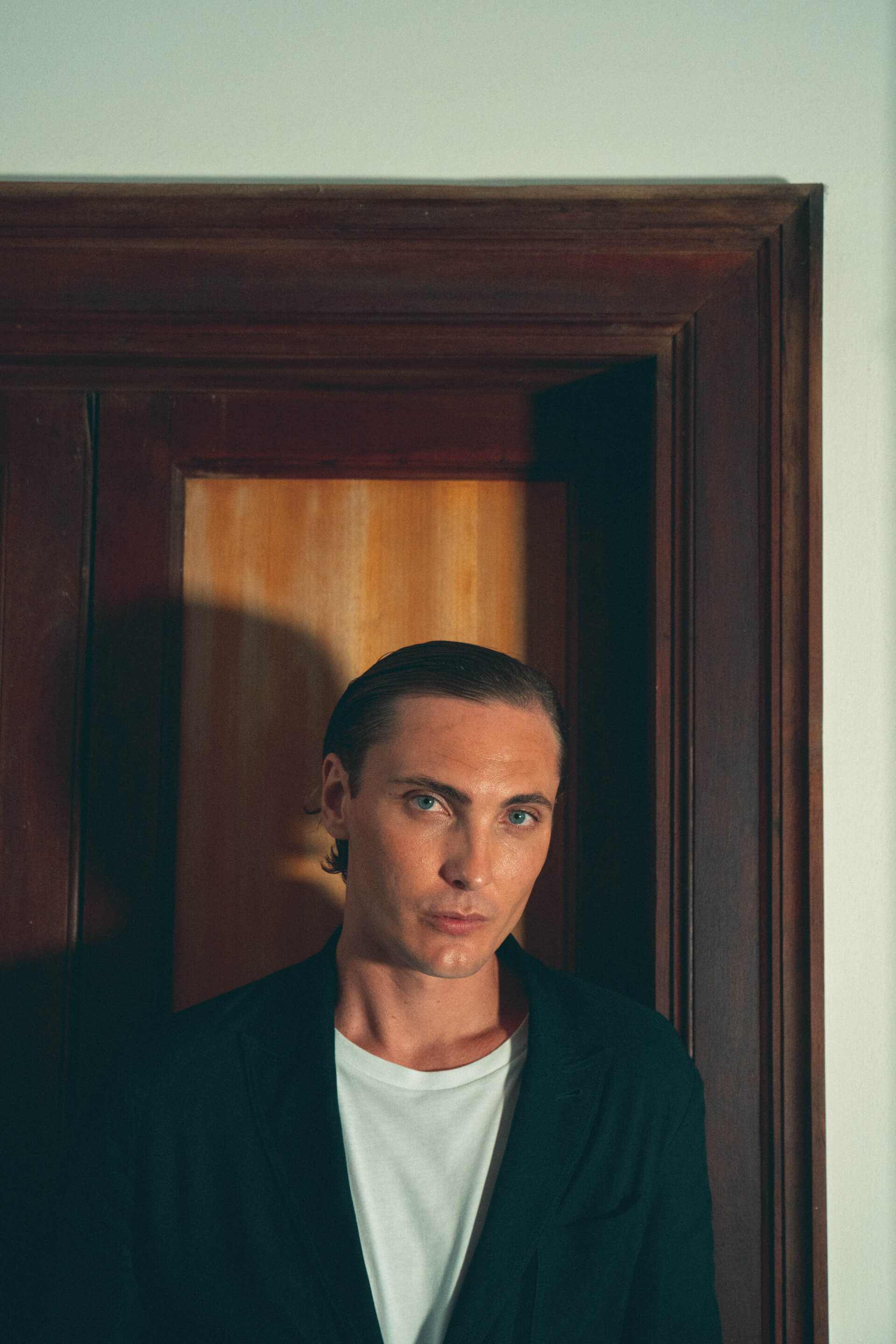
“I think in all movie I use music not in an emotional sense but like conducting the silence.”
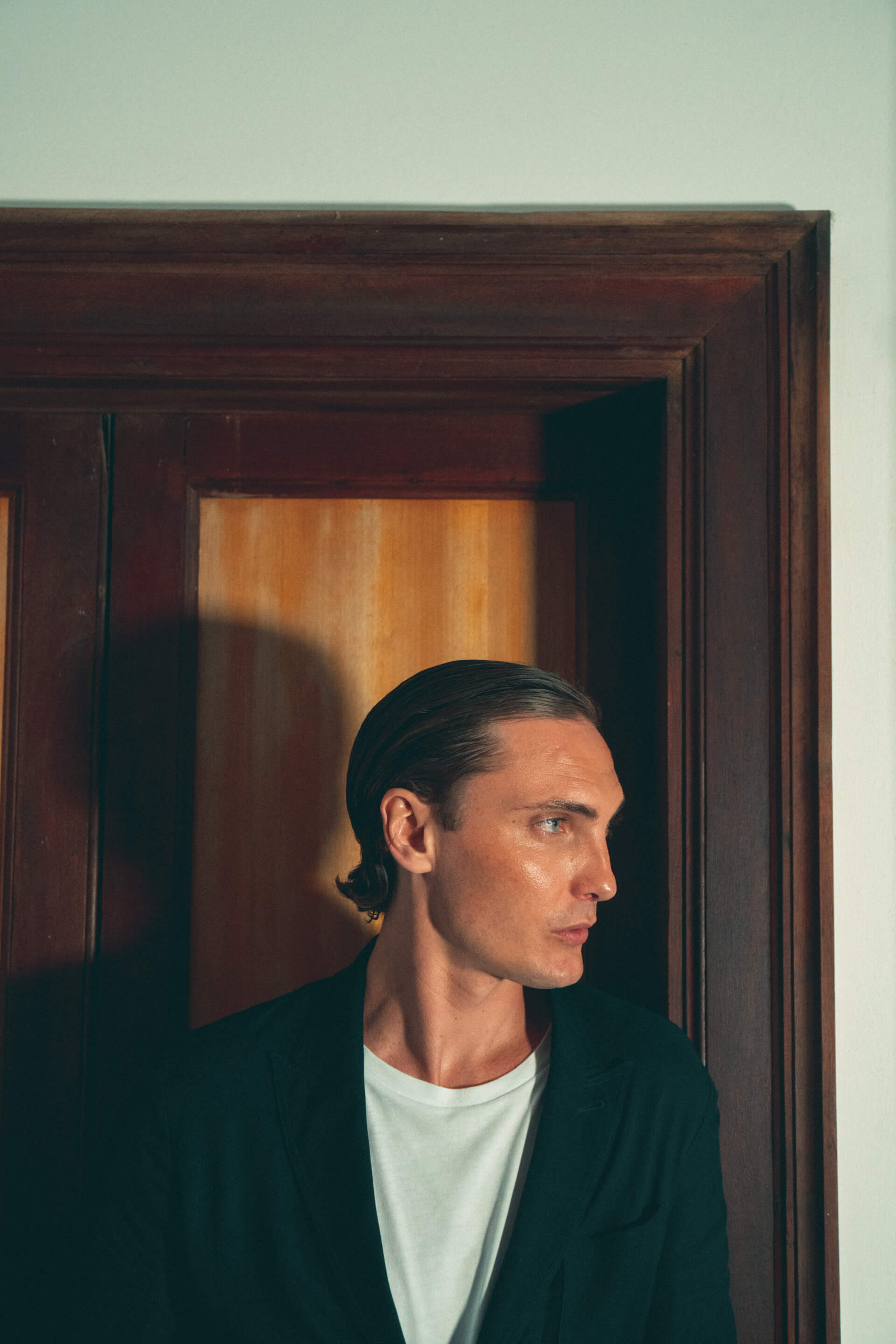
What’s your next project?
__________
There’s a big one which is coming out soon and I am very excited for the world to see that. And I am also working on an Italian movie, actually, with Pif. I am going to Rome tomorrow to meet with him and I am working on his next one. I loved his first features. I’ve never heard of Pif before. This project came out to me but I was in love with him. It’s a great movie and I am really excited to spend more time in Italy and work with him.
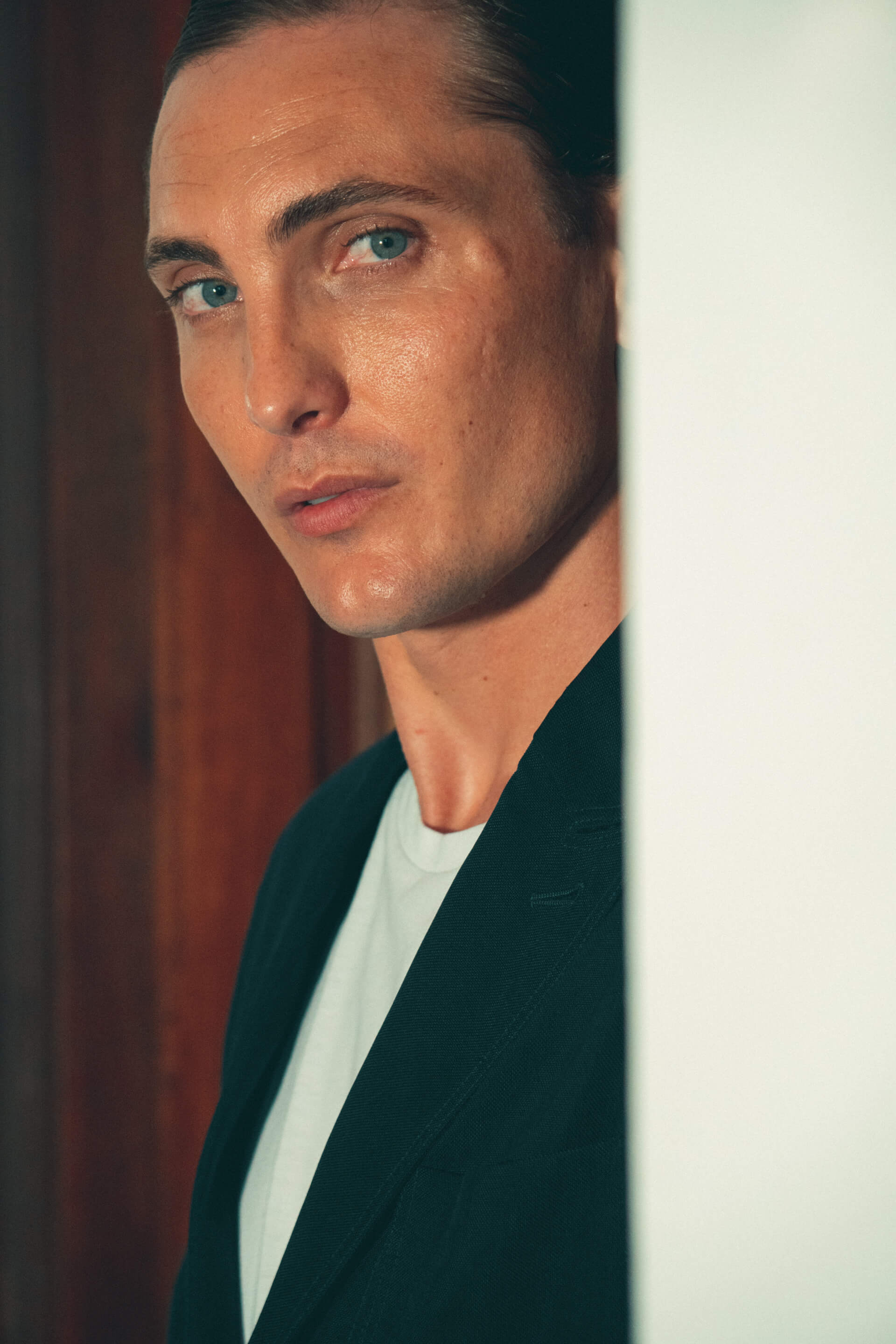
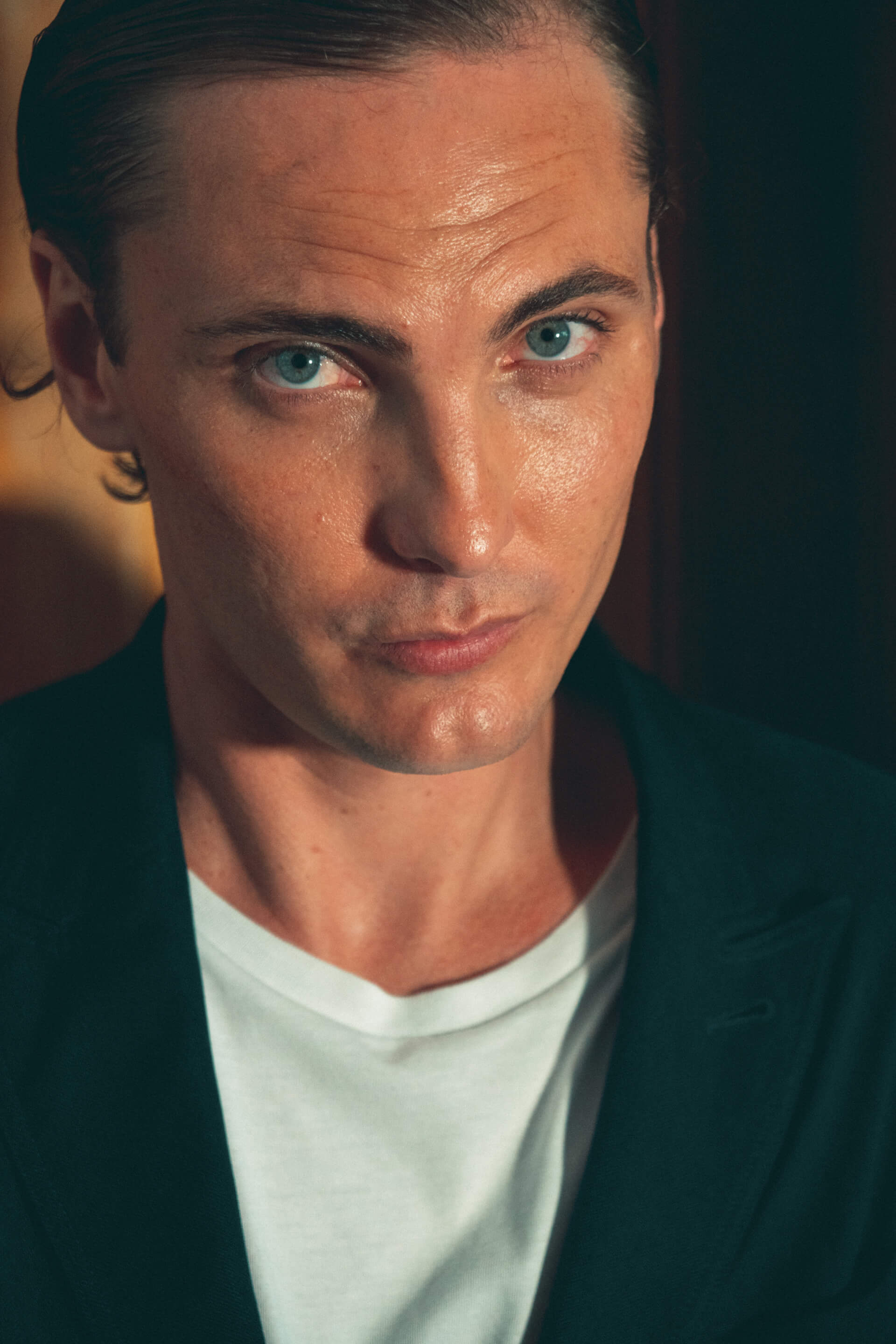
Photos by Johnny Carrano.

